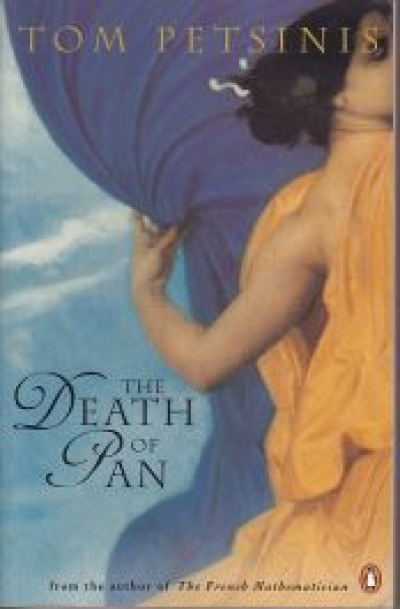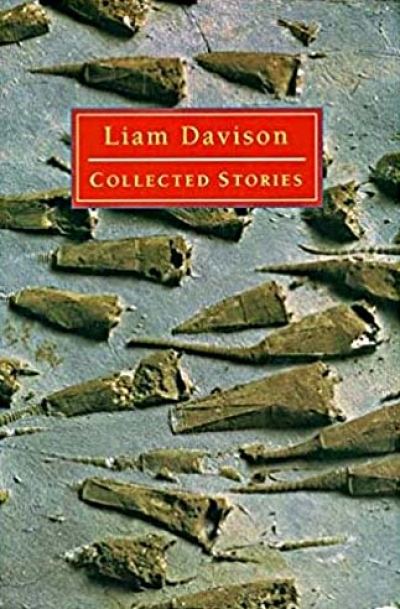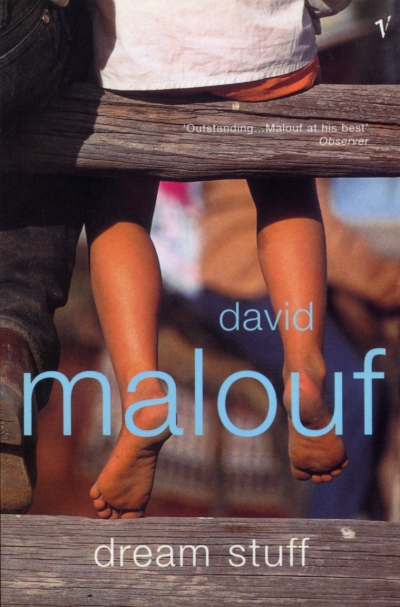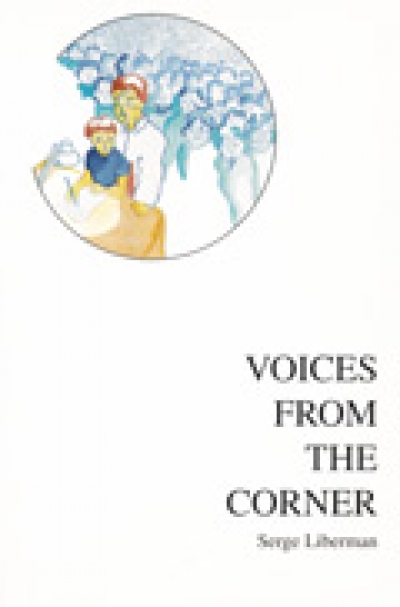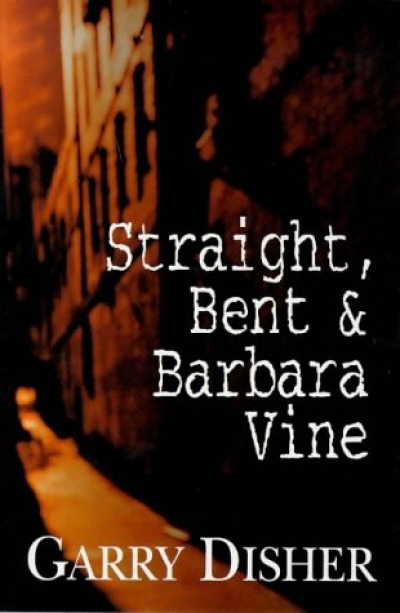Accessibility Tools
- Content scaling 100%
- Font size 100%
- Line height 100%
- Letter spacing 100%
Short Stories
The ABR Podcast
Released every Thursday, the ABR podcast features our finest reviews, poetry, fiction, interviews, and commentary.
Subscribe via iTunes, Stitcher, Google, or Spotify, or search for ‘The ABR Podcast’ on your favourite podcast app.
‘Where is Nancy?’ Paradoxes in the pursuit of freedom
by Marilyn Lake
This week on The ABR Podcast, Marilyn Lake reviews The Art of Power: My story as America’s first woman Speaker of the House by Nancy Pelosi. The Art of Power, explains Lake, tells how Pelosi, ‘a mother of five and a housewife from California’, became the first woman Speaker of the United States House of Representatives. Marilyn Lake is a Professorial Fellow at the University of Melbourne. Listen to Marilyn Lake’s ‘Where is Nancy?’ Paradoxes in the pursuit of freedom’, published in the November issue of ABR.
Recent episodes:
Straight, Bent and Barbara Vine by Garry Disher & Raisins and Almonds by Kerry Greenwood
One of the principal characters in much of Thea Astley’s writing is Queensland. ‘An intransigent fecundity dominated two shacks which were cringing beneath banana clumps, passion-vines, granadillas.’ There’s a lot of sad poetry about the place; and the distances that separate us, I mean the physical distances, are like verse-breaks in a ballad; and once, once we believed the ballad might never end but go on accumulating its chapters of epic while the refrain, the almost unwordable quality that mortises us together, retained its singular soul. How express the tears of search?
... (read more)

